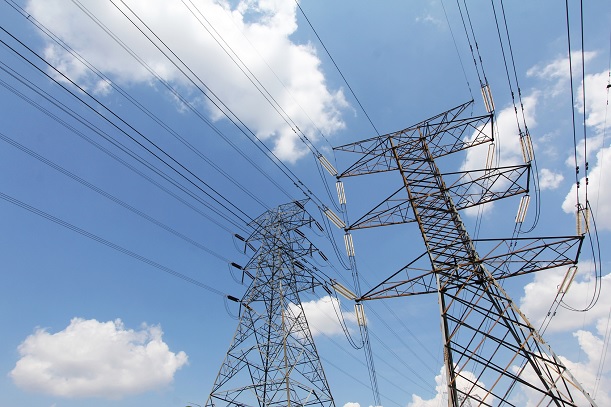Deutsche Telekom, Ericsson and German distribution network operator Stromnetz Berlin are testing the impacts of 5G on the energy sector in a new project.
The 5Grid project, taking place at the technology park at Adlershof in Berlin and the Telekom laboratory in Bonn, is looking at how the next generation cellular connectivity can be customised to support power grids.
The companies have integrated a solar energy plant and chiller into Ericsson’s IoT platform, with data from smart grid elements recorded and processed on site.
Test results have so far shown how 5G can be adapted to the requirements of electricity grids undergoing conversion, the companies said.
Dr Erik Landeck, Managing Director at Stromnetz Berlin, said: “Modern, flexible power grids also require modern communication. The condition of network components and smart grid elements as well as switch and control signals need to be transmitted securely and quickly to the right recipients. We have high expectations on this new technology and are excited to be involved and support the development at such an early stage.”
Bruno Jacobfeuerborn, Deutsche Telekom Group CTO, aded: “We will soon be able to provide highly flexible communication networks that can adapt to various user requirements. In addition to reliability and ideal conditions for both short and guaranteed switch cycles, smart grids require high levels of data security and protection. 5G can meet these typical requirements.”
[Read more: Deutsche Telekom says 5G is reaching “critical phase” as lessons get learned]
According to Stefan Koetz, Chairman of the Management Board at Ericsson, the future success of 5G “greatly depends” on cross-industry cooperation and development.
The 5Grid project follows Ericsson being chosen for two 5G energy projects in November by the European Union. The first, SUCCESS, will focus on securing energy networks and grids, while RE-SERVE focuses on developing 5G solutions to help utilities maintain a stable power supply and increase renewable use.



